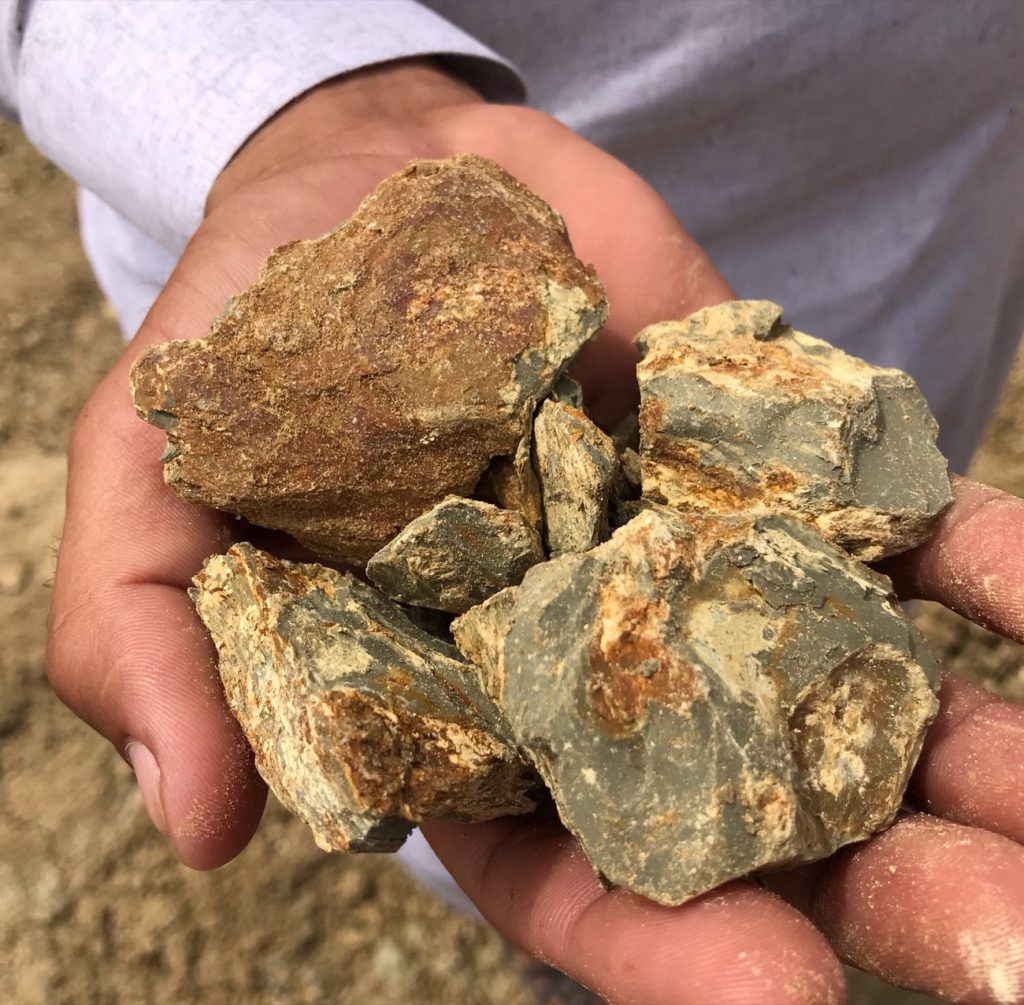A fresh, clean water supply will be a reality in Pakistan, particularly in South Punjab, following the announcement of an international partnership spearheaded by the Pakistan government, alongside other key stakeholders, and driven by the University of Huddersfield.
The initiative, led by University of Huddersfield Senior Research Fellow Dr Muhammad Usman Ghori, will transform the water supplies in the region into affordable drinking water for the benefit of the whole population and also will provide a sustainable option of raw material to fabricate healthcare products.
It is an initiative that is much needed by a considerable population of Pakistan.
In a recent study, the Pakistan Council of Research in Water Resources (PCRWR) found that a sizeable portion of the supplied water was not suitable for human consumption. Contaminated water was contributing to significant number of deaths every year and a large part of Pakistan’s GDP was spent on health care of people who suffer from water borne diseases.
However, a solution to providing a clean water supply is present in abundance in the region’s Koh-e-Suleiman mountain range in the form of a raw nano-clay with properties that can be targeted for a number of health-giving applications.

The Koh-e-Suleiman mountain range is in abundance of raw nano clay
A recent University of Huddersfield-led research article, explored a new source of montmorillonite in the Koh-e-Suleiman mountain range located in South Punjab, Pakistan.
The project lead Dr Ghori explained that this raw clay required a sophisticated purification protocol to remove any undesirable substances from the clay, such as lead, arsenic and crystalline silica, which could impede industrial potential and have adverse health effects.
The area of South Punjab has a large dependence on agriculture and relatively low levels of industrialisation and consequently currently faces higher levels of poverty and unemployment compared with the rest of the province.
An abundant supply of this largely untouched raw clay could help with economic conditions in the region on a large scale.
Further work in collaboration with Pakistani universities and research institutes is now underway to use this natural resource for the benefit of the local people, not just in purifying the water supply, but for further industrial applications that would expand the economy of the region and provide work and industry for its people.
To establish this strategic partnership, Dr Ghori first shared his vision and initiative with the High Commissioner of Pakistan to the United Kingdom His Excellency Mohammad Nafees Zakaria, who played an instrumental role in establishing research links in Pakistan.
Now, a Memorandum of Understanding has been signed that will initiate a strategic partnership to develop a network led by the University of Huddersfield with the support of the Pakistan government which will also include universities in Pakistan.
The High Commissioner Mohammad Nafees Zakaria expressed his pride at the work and congratulated Dr Ghori and the team on their achievement and expressed gratitude to University of Huddersfield’s leadership.

Dr Ghori met with the Foreign Minister of Pakistan, Shah Mahmood Qureshi, where he briefed the Foreign Minister on the on-going research activities..
Welcoming the project, Mr Qureshi said that the Government was cognisant of Pakistanis’ talent abroad and therefore many of Government’s policy initiatives are aimed at galvanising and providing direction to young scientists and tech professionals for their constructive engagement in the country’s mainstream economic activities.















